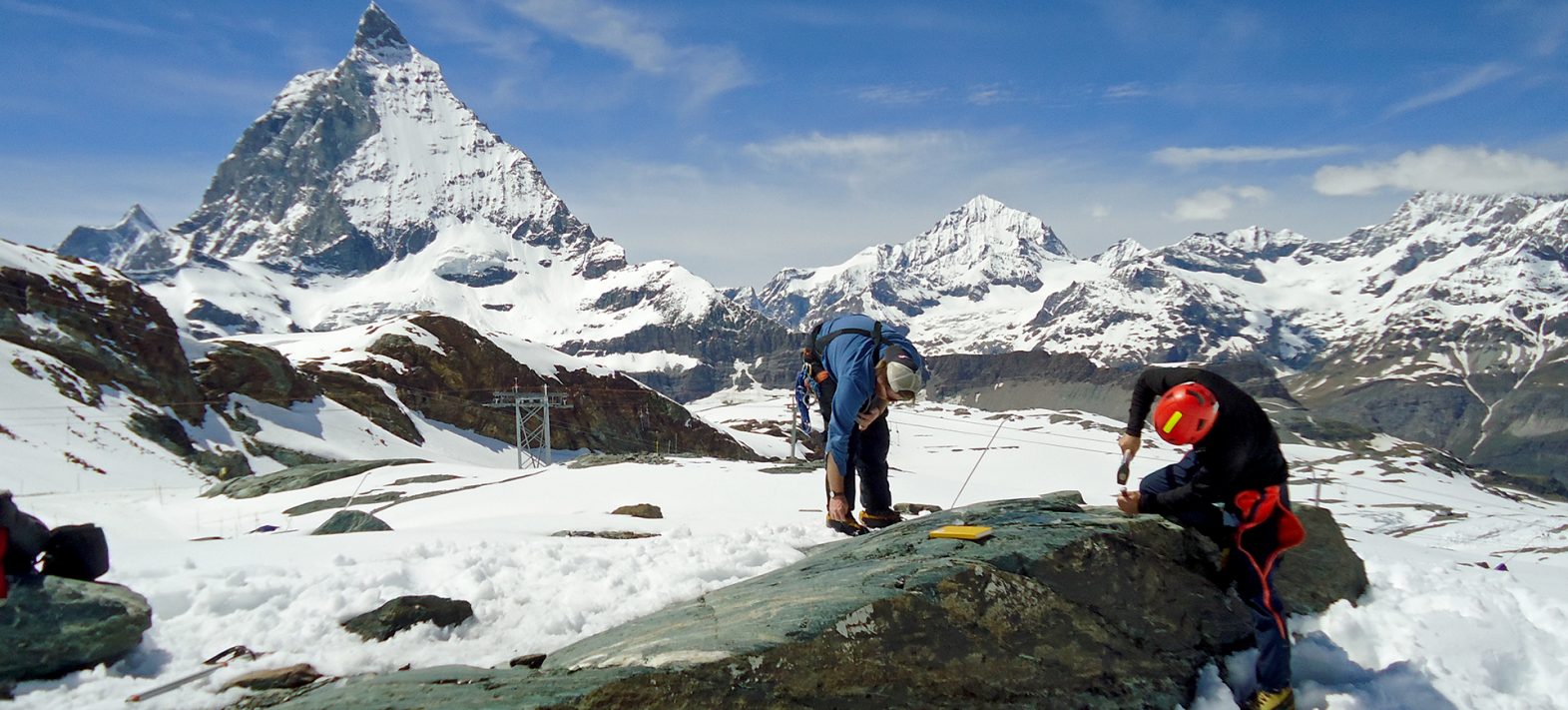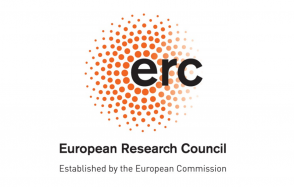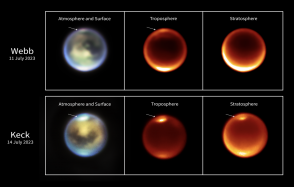Organic carbon preferentially recycled in the deep Earth
An international team of researchers from CRPG, IPGP, Université de Paris and Durham University has shown that during subduction processes, organic carbon is preferentially recycled towards the Earth's interior, while inorganic carbon tends to remain in the surface crust. This discovery sheds new light on the deep carbon cycle, essential to the planet's viability.

Sampling serpentinites in Zermatt (Switzerland). © Emma Gregory
Publication date: 24/02/2022
Press, Research
Related teams :
Lithosphere Organosphere Microbiosphere (LOMs)
Related themes : Earth System Science








